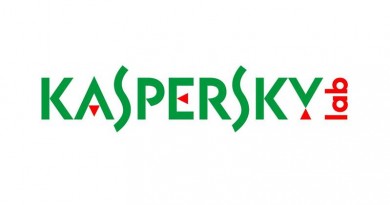CBN Issues Guidelines for Shared Services Arrangements for Banks and Other Financial Institutions by Agwu, C. J
The Central Bank of Nigeria has issued guidelines for shared services arrangements for banks and other financial institutions in Nigeria to provide guidance to banks and other financial institutions under its regulatory and superviso1y purview on the initiation and evaluation of shared service arrangements and other matters connected thereto.
The guidelines sets operational standards for banks and other financial institutions in line with best practice and ensures compliance with Executive Order 5 of the Federal Government of Nigeria, signed on February 12, 2018, which seeks to promote the development of indigenous capacity and local content in contracts and science, engineering and technology, as a necessary tool to drive national competitiveness and productivity.
The guideline dated May 26, 2021 and addressed to banks and other financial institutions covers the general principles that guide shared services arrangements in Nigeria, approved shared services, transfer pricing and regulatory reporting requirements. Compliance with the provisions of this Guidelines is mandatory for all institutions licensed by the CBN.
The Guidelines are to be read in conjunction with the provisions of the CBN Act, the BOFIA, other subsidiary legislations made under the Acts, as well as written directives, notices, circulars, frameworks and other guidelines that the CBN and other regulators in the financial services sector have issued or may issue from time to time.
According to the CBN, “Nigerian banks with foreign parents and banks within the non-operating financial holding company (HoldCo) structure participate in centralized or shared services arrangements with their parent companies and other entities in the group. The main drivers for sharing of services among group entities are the need to ensure cost efficiencies, leverage existing expe1tise and maintain consistency throughout the group. An intra-group charge is billed to the benefitting group members, in consideration of the services provided to them”
“The absence of standards for the application of costs related to shared services and ensuing pricing arrangements has resulted in uneven management of shared services in the banking industry and has been a source of concern for regulators, especially in view of its governance, financial and tax implications.”
The provisions of the guidelines apply to Commercial banks; Merchant banks; Financial Holding Companies; Other Financial Institutions; Payment Services Banks; and Other payment services as licensed by the CBN provided that the financial institution is either: A parent company operating in Nigeria and licensed by the CBN; or A subsidiary company licensed by the CBN and carrying on its operations in Nigeria.
The circular further stipulates that Shared Services Agreement are alicable in respect of the following:
- Human Resources services;
- Risk Management services;
- Internal Control services;
- Compliance services;
- Marketing and Corporate communications;
- Information and Communication Technology;
- Legal services;
- Facilities (Office Accommodation including Electricity, Security, Cleaning Services in that accommodation); and
2. Any other services as may be approved by the CBN from time to time, provided that the recipient entity does not have the expertise and capacity to carry out these services; and any other service provided outside the aforementioned SHALL NOT be charged to the recipient entity.
It also states that a Shared Services Agreement must be executed between the recipient institution and the provider company while the the board shall be responsible for the oversight of shared service arrangements and ensure the reasonableness of fees charged for the services. The board may, however, delegate the responsibility for the monitoring and management of shared services to an appropriate specific board committee.
You can download the Guidelines for shared services arrangements for banks and other financial institutions in Nigeria HERE




